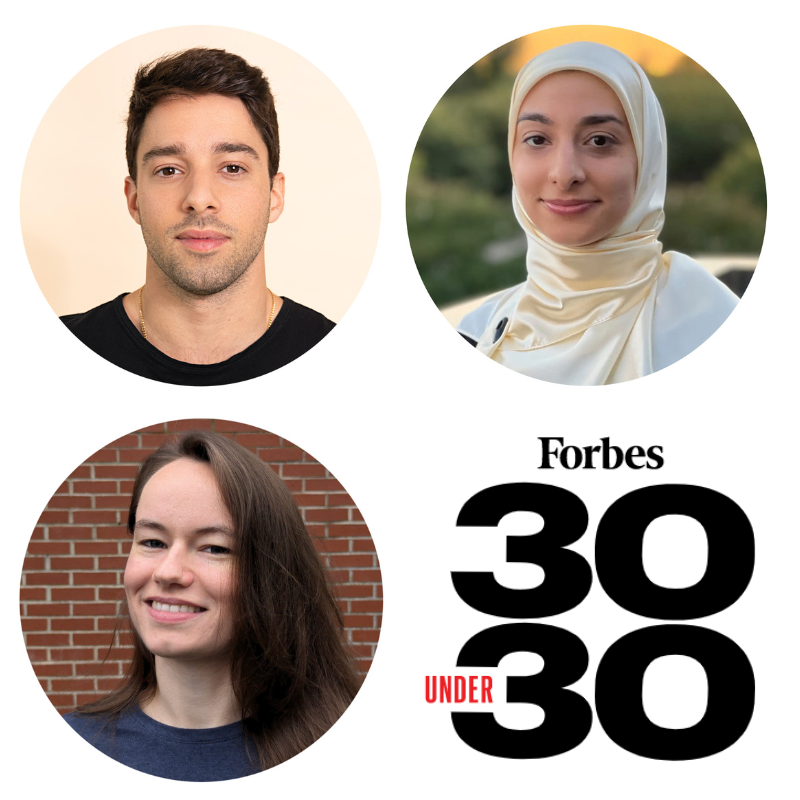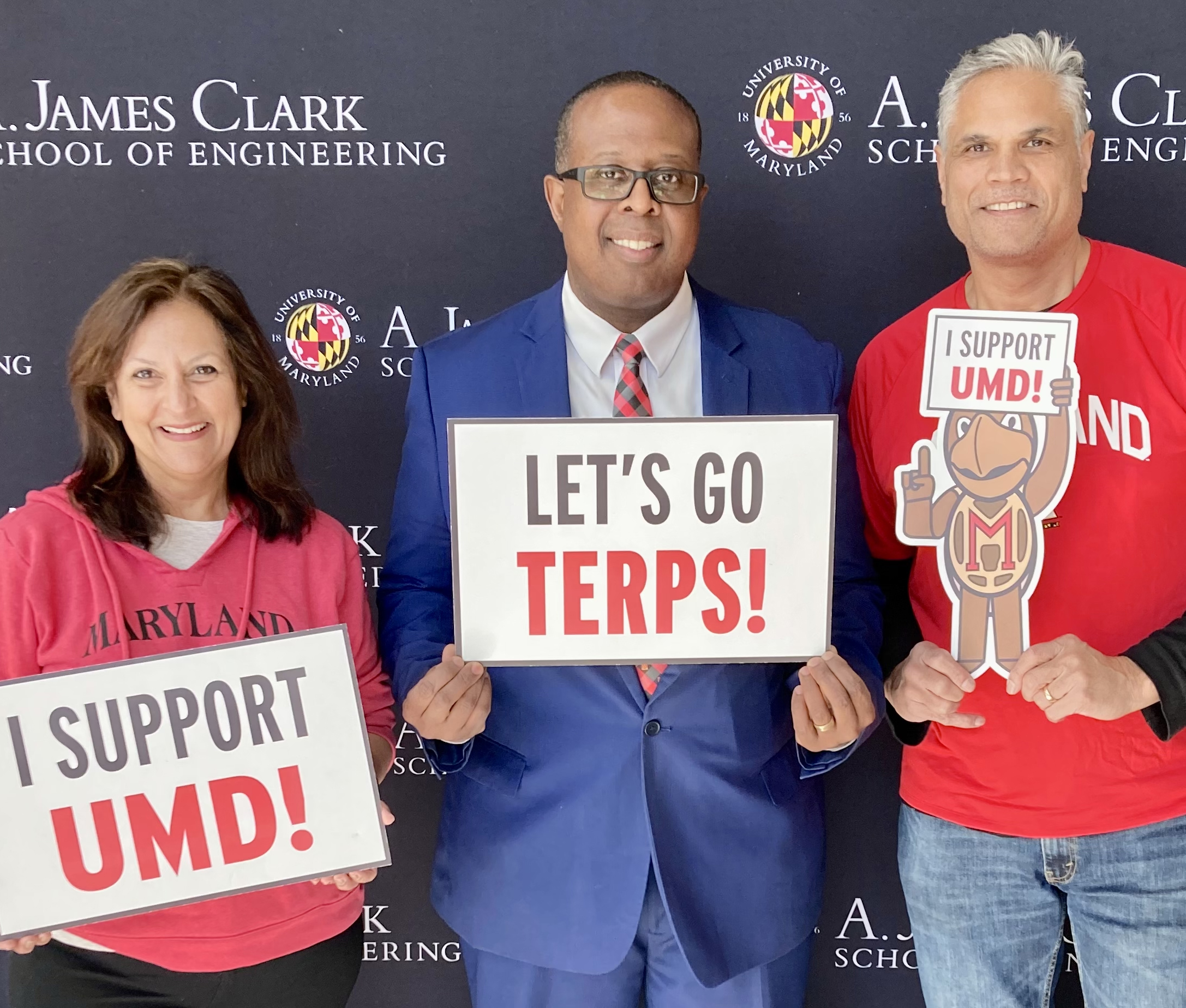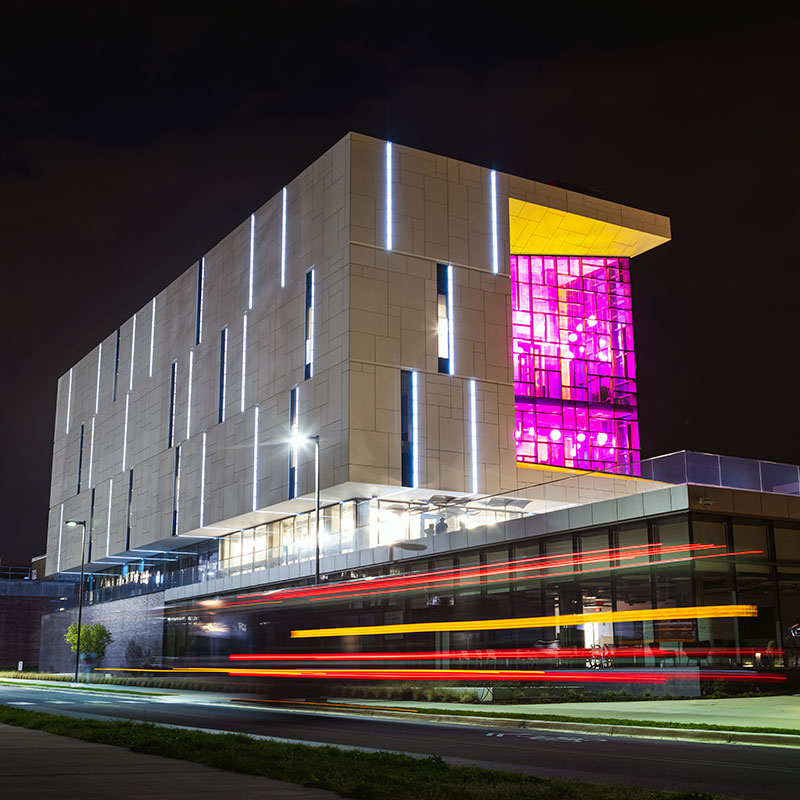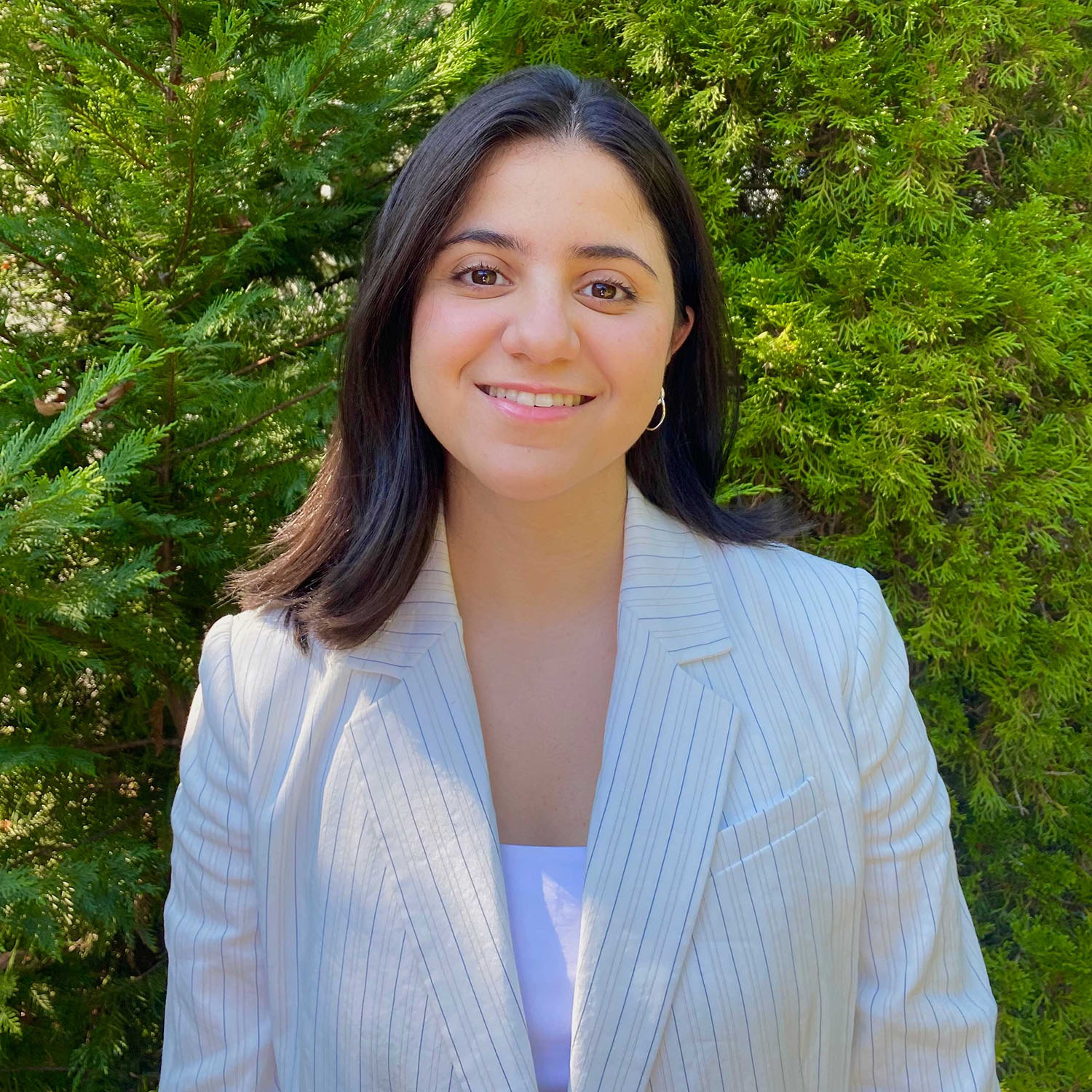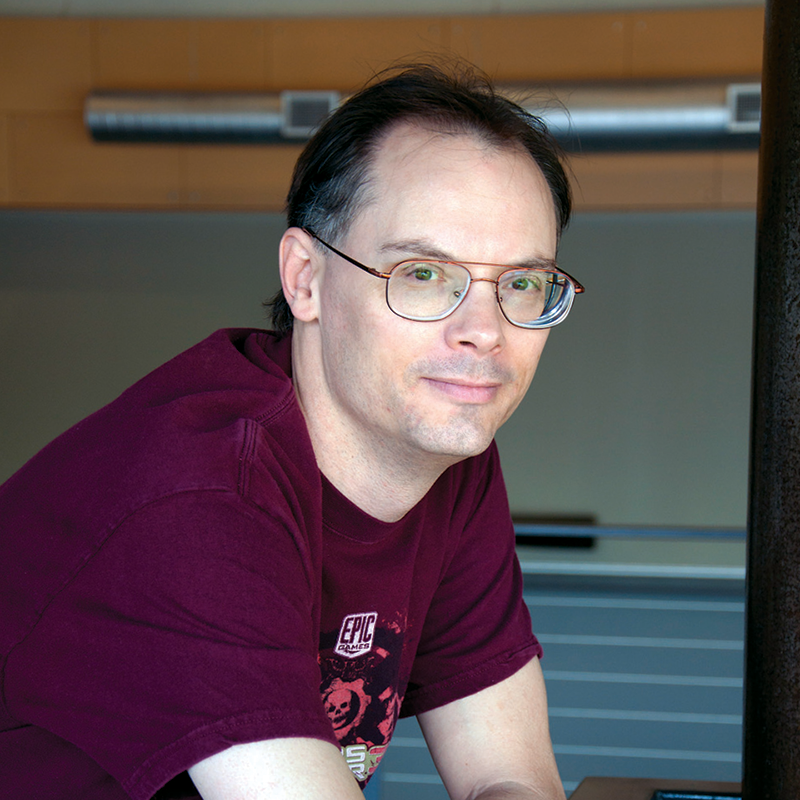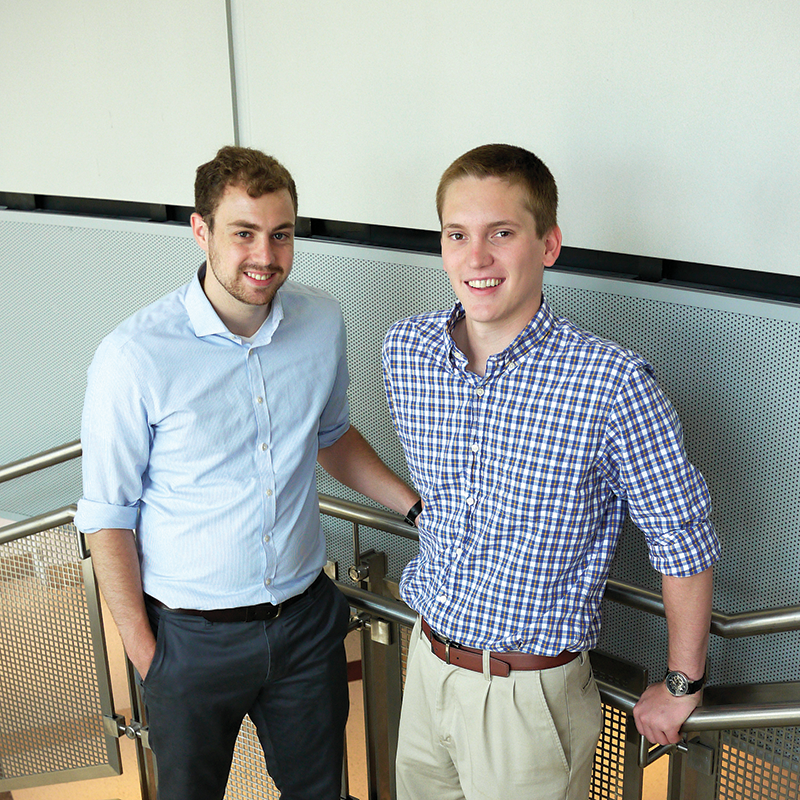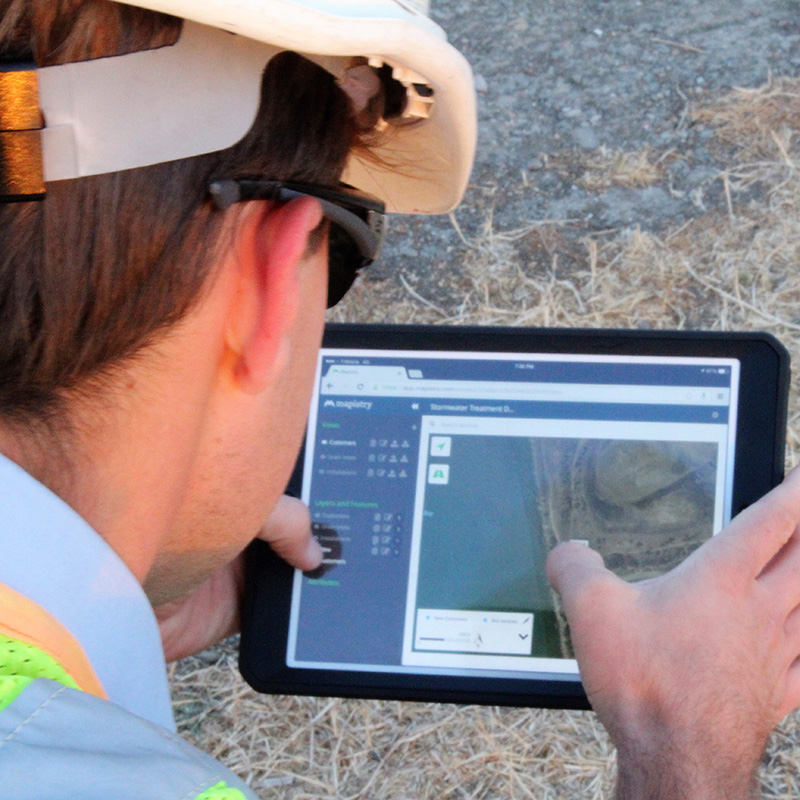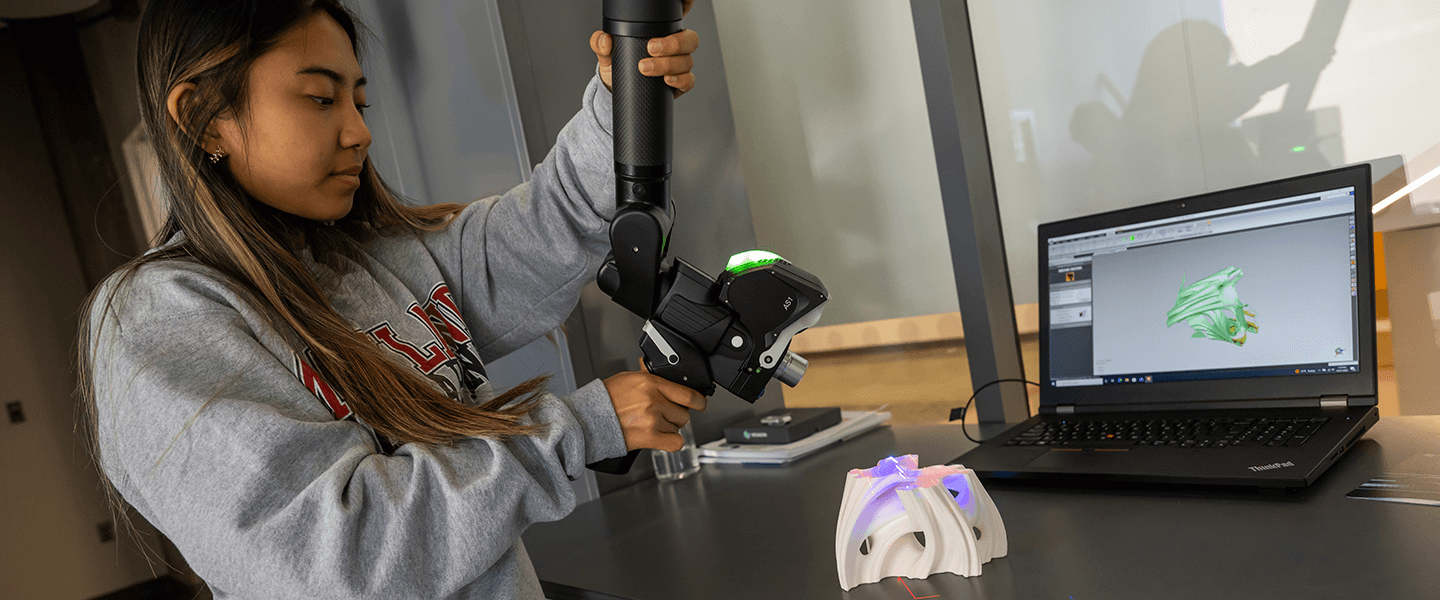
Lessons from an Entrepreneur
Denk is one of the Maryland Engineering students who took full advantage of all Mtech has to offer when standing up his multiple businesses. “I had a tech entrepreneurship minor, which helped me with my business plans and marketing,” he explains. “I was also in the Hinman CEOs Program and took an extracurricular course through the Dingman Center for Entrepreneurship,” which is housed on campus in the university’s Robert H. Smith School of Business.
At the end of his sophomore year, Denk co-founded a business to help people with ideas launch their own venture, which he continued to run until about six months after graduation. “We scaled to about 10,000 users and made some money, but ultimately shut that company down in 2017,” he says.
Experience can sometimes be the best teacher; Denk applied the lessons learned to his next business effort. “I can now recognize the value of a large professional network in launching a business, which I didn’t have starting as a student,” he says. “Launching in college is pretty low-risk, but once you graduate, you’re often on a clock to generate revenue and succeed.”
In Denk’s case, he says, that clock was the six months before he needed to start paying down student loan debt. “Ultimately we failed because we had the wrong business model,” he reflects. “But I was able to think through that model and improve on it for beehiiv.”
After a stint with media company Morning Brew (where he helped grow subscribers from 100,000 to 3.5 million), Denk co-founded beehiiv, a platform designed to help businesses create and grow email newsletters. Today the company has more than 50 employees across eight countries and received a $65 million valuation in 2023.
“My time at Maryland was a playground of trial and error, allowing me to test different ideas,” he says. “It gave me a chance to be scrappy and build a company with very little money, and learn from others about what works and what doesn’t.”
Denk’s experience checks: Mtech enables budding entrepreneurs to “plug and play” its myriad offerings as students want or need, says Green. “We view this as an organic ecosystem and students can sample as they wish,” he says. “Our students have the blessing of options.”
And leave it to Terps to rise and deliver: Successful Mtech student launches have included Squarespace, FiscalNote, and OpenGov. Combined, Hinman CEO companies alone have raised more than $1 billion, with company valuations exceeding $5 billion.
Phil Weilerstein is founder and CEO of VentureWell, an organization that encourages curricular innovation and student venture creation and provides resources for faculty and student entrepreneurs. A longtime partner to UMD, Weilerstein’s stamp can be found on many entrepreneurial initiatives such as the Mtech’s Hinman CEOs Program.
“There’s a pattern here at Maryland of pioneering and substantiating entrepreneurship programs that become national leaders and models,” Weilerstein says. He cites UMD’s culture as a major key to its success as an innovation incubator: “There’s a lot of focus on how to do entrepreneurship in an equitable way. UMD is owning that opportunity, and stepping up to it.”

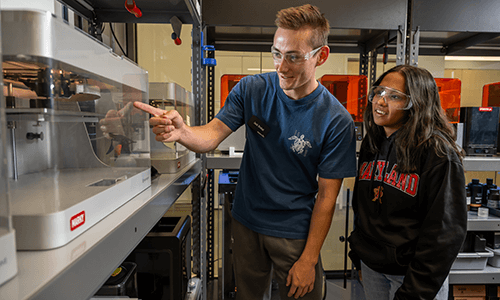 Or
Or 
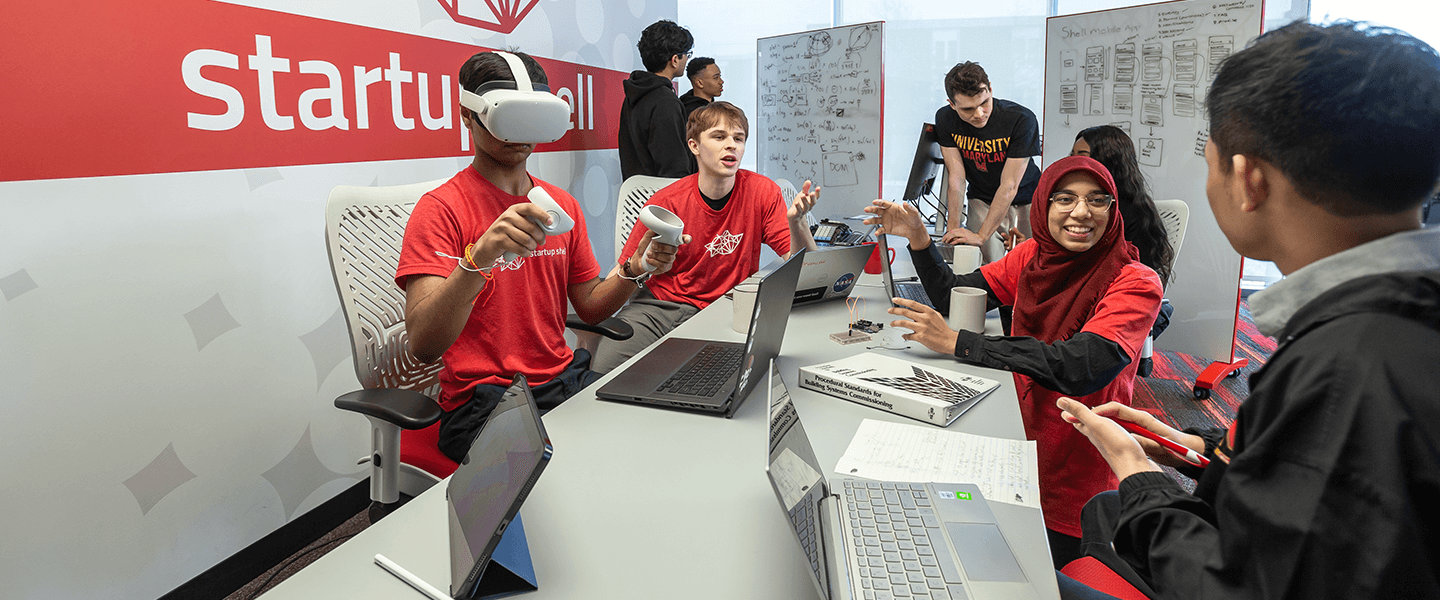
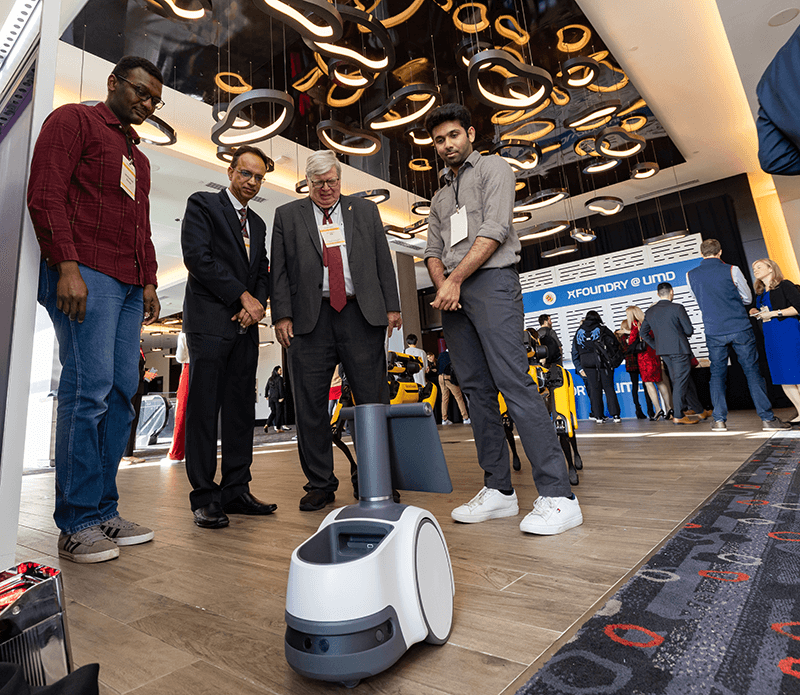
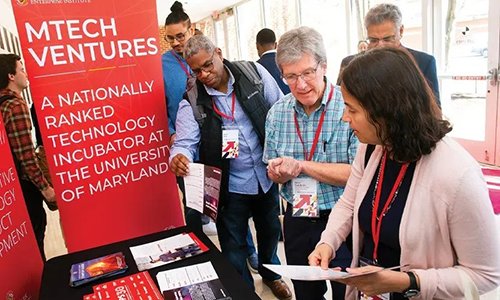

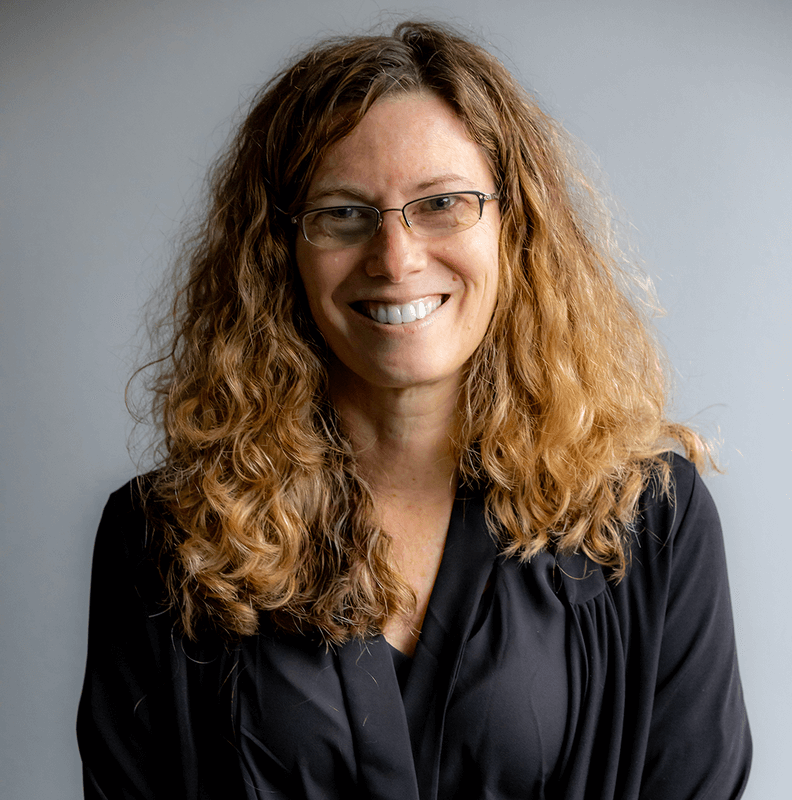
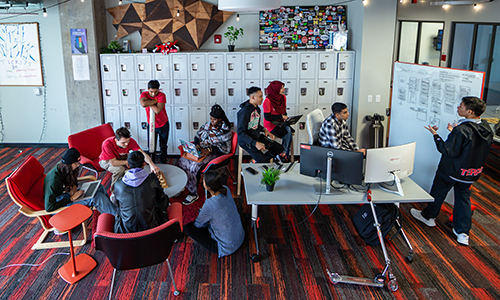 Today’s Clark School students are hot on the heels of their entrepreneurial predecessors. Senior Ijeoma Asonye (already a published author, her debut novel “The Beautiful Math of Coral” has a five-star rating on Amazon three years after its publication) says that “before I graduated high school, I knew I wanted to invent something. I had no idea how to go about that, however, so I chose mechanical engineering to help me achieve that goal.”
Today’s Clark School students are hot on the heels of their entrepreneurial predecessors. Senior Ijeoma Asonye (already a published author, her debut novel “The Beautiful Math of Coral” has a five-star rating on Amazon three years after its publication) says that “before I graduated high school, I knew I wanted to invent something. I had no idea how to go about that, however, so I chose mechanical engineering to help me achieve that goal.”